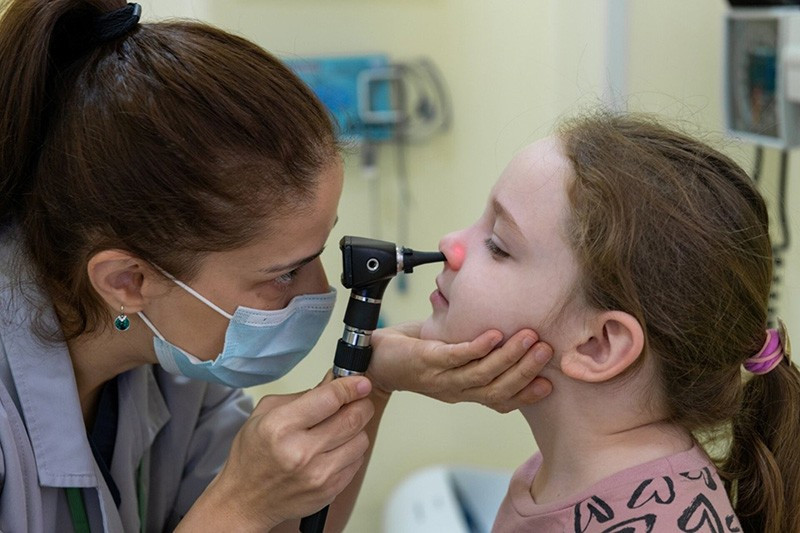The 2023 report of the Lancet Countdown on health and climate change, recently published by WHO, states that climate change is accelerating the spread of potentially fatal infectious diseases.
Since 1982, ocean warming has allowed cholera bacteria to spread along coastlines, putting 1.4 billion people at risk of diarrhoea, serious wound infections and bloodstream infections. Climate change also hinders efforts to tackle infectious diseases with a high risk of death. Extreme weather events such as floods and droughts force communities to relocate, causing the spread of infectious diseases and hindering treatment activities.
Extreme heat caused by climate change is also the cause of many deaths in recent times.
The impact of heat waves on human health will be discussed at the upcoming 28th Conference of the Parties to the United Nations Framework Convention on Climate Change (COP28). This is the first time this issue will be discussed within the framework of the above climate conference, reflecting the urgency of preventing this health threat.
According to research by The Lancet, over the past decade, the number of deaths due to high temperatures in people over 65 years old increased by 85% compared to 1991-2000.
After a long period of fighting the COVID-19 pandemic, the health sector of many countries has been in a state of exhaustion. Although the COVID-19 pandemic is no longer a global health emergency, the risk of a new wave of outbreaks is still lurking. In particular, the persistent and severe consequences of COVID-19 continue to prevent people from returning to normal life, notably the prolonged “COVID syndrome”. This also causes a serious workforce shortage in the health sector, in addition to other reasons such as stressful work, low wages, unsafe working environments, etc.
In the context of a recent cholera outbreak in Zimbabwe, with more than 7,000 suspected cases, authorities said that the lack of medical workers and the lack of resources to prevent disease transmission made the situation more serious.
The picture of medical human resources in developed countries of Europe is also covered in gloomy colours. The UK National Health Service (NHS) estimates a shortage of up to 571,000 medical workers by 2036. Germany also faces a serious doctor shortage, with nearly 5,000 positions currently vacant. The global health system will not be able to recover and withstand risks without dedicated and talented medical staff.
Similar to the fight against climate change, finance is also a difficult problem for countries facing health challenges. WHO estimates that an additional investment of 200 to 328 billion USD is needed yearly to strengthen and expand primary healthcare services in low- and middle-income countries, helping health systems respond to 90% of essential health services, saving at least 60 million lives by 2030.
According to a report by WHO and the World Bank, there were still 4.5 billion people who did not have full access to essential health services in 2021.
Future health threats may occur with great losses, causing serious impacts on public health like the COVID-19 pandemic, especially in the context of severe climate change and increasing disease outbreaks. Faced with both old and new challenges, countries need to continue to coordinate actions and develop strategies to help the health sector enhance its prediction and resistance ability to shocks.
















